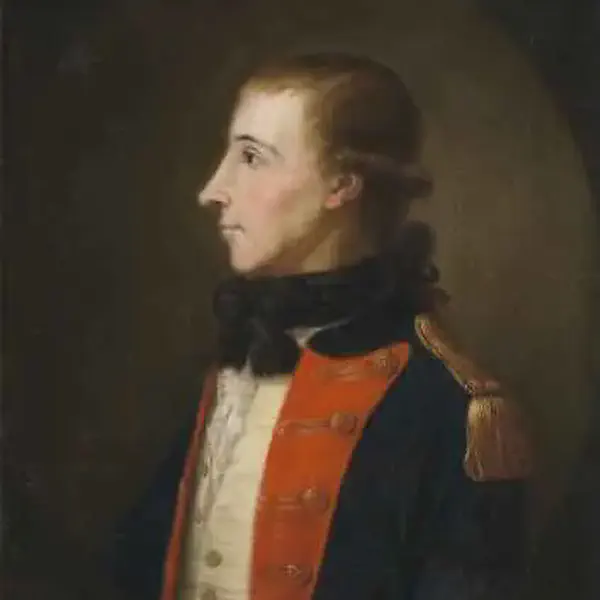
Theobald Wolfe Tone, Dies Before His Scheduled Execution
November 19, 1798
Theobald Wolfe Tone, commonly known as Wolfe Tone (20 June 1763 - 19 November 1798) was a leading figure in the Irish independence movement, a prominent Irish revolutionary and one of the leaders of the United Irishmen, died on November 19, 1798. His death occurred while he was in British custody, and it is widely believed to have been a suicide.
At his trial by court-martial in Dublin, Tone made a speech avowing his determined hostility to England and his intention by fair and open war to procure the separation of the Two countries, and pleading in virtue of his status as a French officer to die by the musket instead of the rope.
He was, however, sentenced to be hanged on November 12, 1798; but he cut his throat with a penknife to cheat the noose, and died of the wound several days later at the age of 35 in Provosts Prison, Dublin, not far from where he was born.
United Irishmen
Wolfe Tone was a key figure in the United Irishmen, a republican organization formed in 1791 that aimed to achieve Irish independence from British rule and establish a united Irish republic.
Rebellion of 1798
The United Irishmen organized the Irish Rebellion of 1798, a major uprising against British rule. However, the rebellion faced military defeat, and Wolfe Tone was captured by British forces.
Capture and Sentencing
Wolfe Tone was taken into custody by the British after the failure of the rebellion. He was tried for treason and sentenced to be hanged.
Suicide
Faced with the prospect of execution, Wolfe Tone attempted suicide while in prison. His throat was cut with a penknife, and despite initial survival, he succumbed to his injuries on November 19, 1798.
Legacy
Wolfe Tone’s legacy is significant in Irish history. He is remembered as a patriot and a key figure in the quest for Irish independence. His writings, including his diaries and journals, provide valuable insights into the political and social climate of his time.
Wolfe Tone’s death is often viewed as a tragic and dramatic end to his involvement in the struggle for Irish independence. While he did not live to see the successful achievement of Irish sovereignty, his contributions to the cause had a lasting impact on subsequent generations of Irish nationalists.